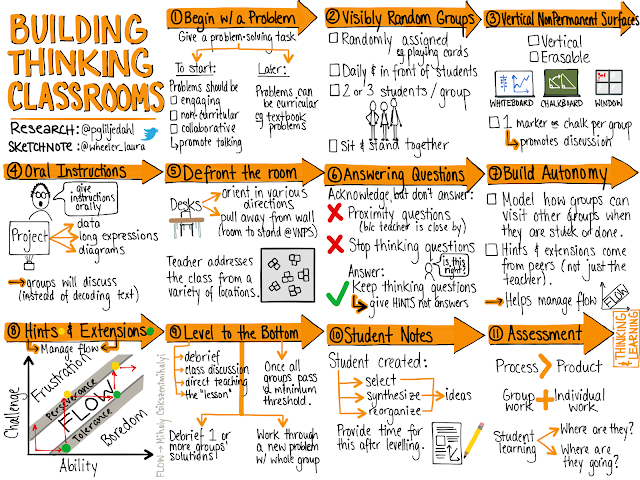Giving Good Advice- Peer Feedback in Primary
In a recent M.Ed. class our topic was on conducting a peer review for scholarly writing. We discussed how important it is to set aside adequate time, ensure appropriate tone (difference between negative and constructive feedback), and going beyond the micro level issues (conventions) to macro issues (ideas, evidence, organization) when reviewing writing samples. Each of us had a very different take on what it feels like to give and receive feedback which was an interesting point of discussion. Feelings included apprehension of presenting writing/fear of judgement, lack of experience providing critiques, and insecurity offering true critical advice. This got me thinking - wouldn't all this be true for peer feedback, even with the youngest of learners?
When I returned to school the next day, I took a closer look at some of the feedback grade 2 classmates had been giving each other in writing (we often offer stars and wishes for each other). I saw a lot of "Good job!", "Great details!", and the occasional remark in regards to adding capitals or periods. Very few students had offered advice going beyond the superficial level. I knew they could be more valuable helpers to one another with a little extra modeling and practice.
I decided to show them the video "Austin's Butterfly". The discussion afterwards led to some valuable learning. They commented on how the advice kids gave was always nice, but honest. How the feedback led Austin to complete something he could be really excited about. That the feedback was easy to understand for kids and really made sense. They were impressed that Austin just didn't give up after 1 or 2 tries. He 'stuck with it'.
The next day we put our new thinking and learning to practice. We reviewed what it means to offer "good advice" - be kind but honest. Take your time. We discussed how it's okay to feel a little uncomfortable giving and receiving feedback and the trust required to take part in the process. Moving forward I recognize that students need to practice this skill, just as any other, but it is time well spent.
Wonderings?
- What might be the impact of regularly integrating peer feedback on classroom community building/trust?
- How might peer feedback impact student self-regulation?
- Will peer feedback increase ability for students to apply feedback to their own work?
When I returned to school the next day, I took a closer look at some of the feedback grade 2 classmates had been giving each other in writing (we often offer stars and wishes for each other). I saw a lot of "Good job!", "Great details!", and the occasional remark in regards to adding capitals or periods. Very few students had offered advice going beyond the superficial level. I knew they could be more valuable helpers to one another with a little extra modeling and practice.
I decided to show them the video "Austin's Butterfly". The discussion afterwards led to some valuable learning. They commented on how the advice kids gave was always nice, but honest. How the feedback led Austin to complete something he could be really excited about. That the feedback was easy to understand for kids and really made sense. They were impressed that Austin just didn't give up after 1 or 2 tries. He 'stuck with it'.
The next day we put our new thinking and learning to practice. We reviewed what it means to offer "good advice" - be kind but honest. Take your time. We discussed how it's okay to feel a little uncomfortable giving and receiving feedback and the trust required to take part in the process. Moving forward I recognize that students need to practice this skill, just as any other, but it is time well spent.
Wonderings?
- What might be the impact of regularly integrating peer feedback on classroom community building/trust?
- How might peer feedback impact student self-regulation?
- Will peer feedback increase ability for students to apply feedback to their own work?

Comments
Post a Comment